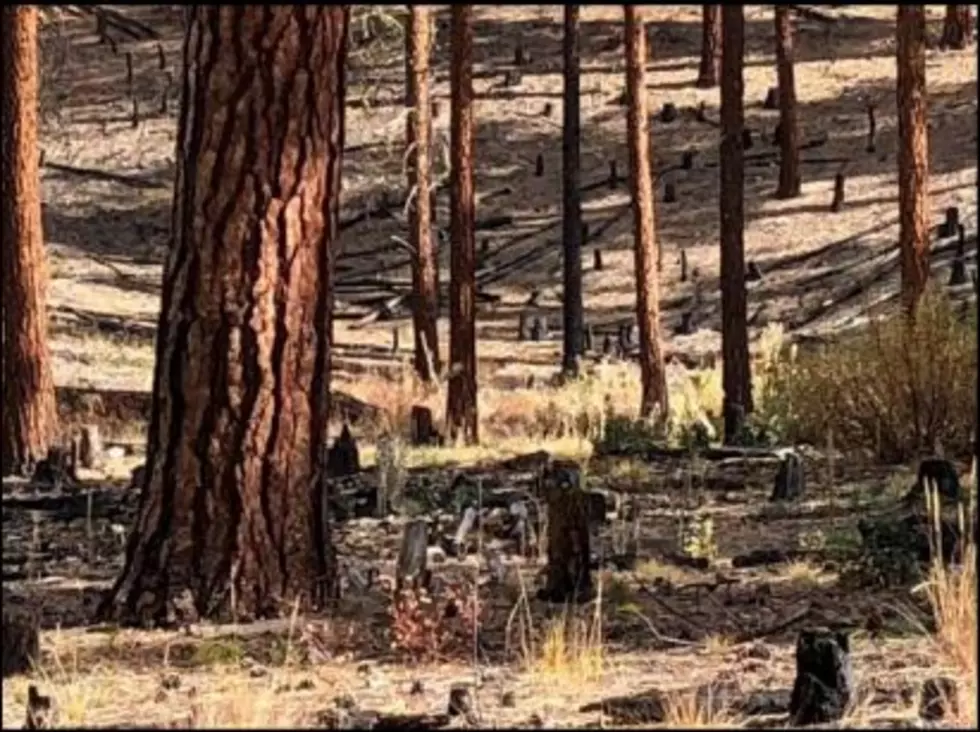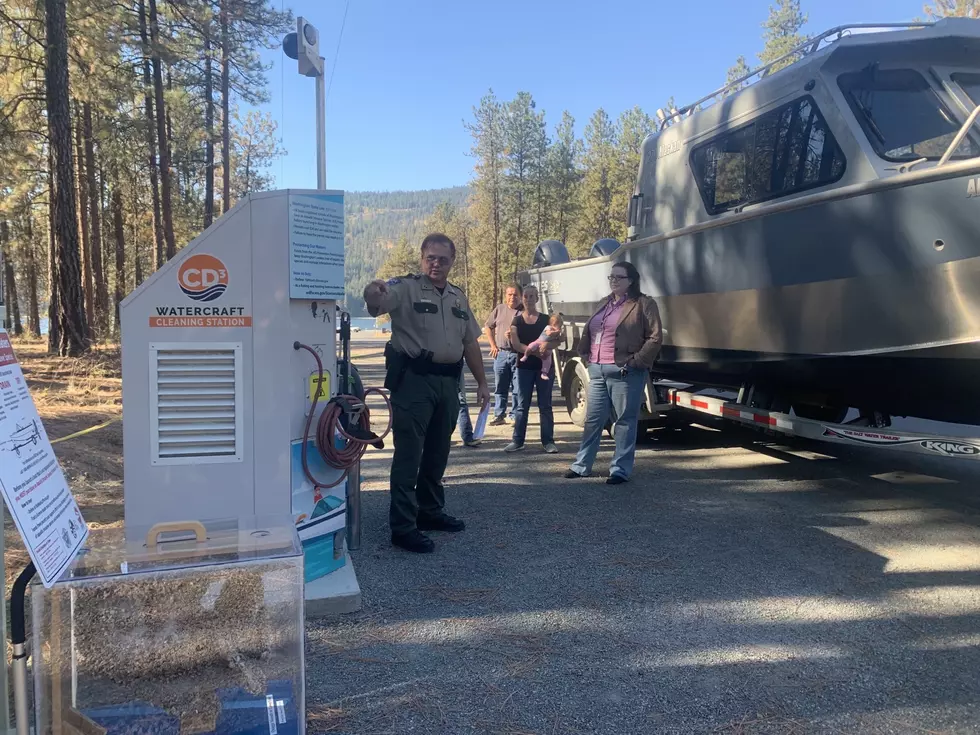
Fatal Bat Disease Has Made its Way to Eastern Washington
Washington Department of Fish and Wildlife announced the White-nose syndrome, a typically fatal disease for hibernating bats, has made its debut for the first in Washington east of the Cascade Mountains, near Cle Elum. It was discovered after a landowner sent four dead bats in for testing.
"Washington got its first case in 2016 near North Bend in King County and since that time we have confirmed 34 other cases," said Rachel Blomker, Communications Manager. "So far most of the cases have been right around North Bend. And where we found this case was right over the pass, just outside of Cle Elum in Kittitas County. We don't know if it's spreading across the mountains or if it's been present on the east side just as long as it has been on the west side."
This disease doesn't harm humans, livestock or any other wildlife expect hibernating bats. Bats may be a fixture in vampire tales or considered a pesky creature by some, but bats play an important ecological role.
"They provide free pest control services around the country, not just Washington. So if people are farmers or rely on crops or local food sources, bats are playing an important role in that. They are eating millions of insects every night and that includes insects that can eat valuable crops and also mosquitos that can carry various diseases," said Blomker.
Blomker encourages the public to provide insight or tips about the disease because it can lead to helpful discoveries such as the landowner who helped discover the disease in Eastern Washington. With the help of this landowner, WDFW shipped the bats that have lived on his property for fifty years to Madison, Wisconsin to be tested and it was confirmed that all four bats had white-nose syndrome. This led to the discovery of 740 bats at the site.
"If people know of groups of bats, they're called bat colonies; a lot of times bat colonies will be in barns or in old out buildings, or under bridges, that kind of thing. If people know about them - we probably aren't aware especially if they are on private property. So we're asking people to report bat observations, especially of groups of bats," said Blomker.
Blomker reiterated folks shouldn't handle dead or sickly animals, however WDFW is urging people to report bat sightings either via website or phone call.
More From NewsRadio 560 KPQ









